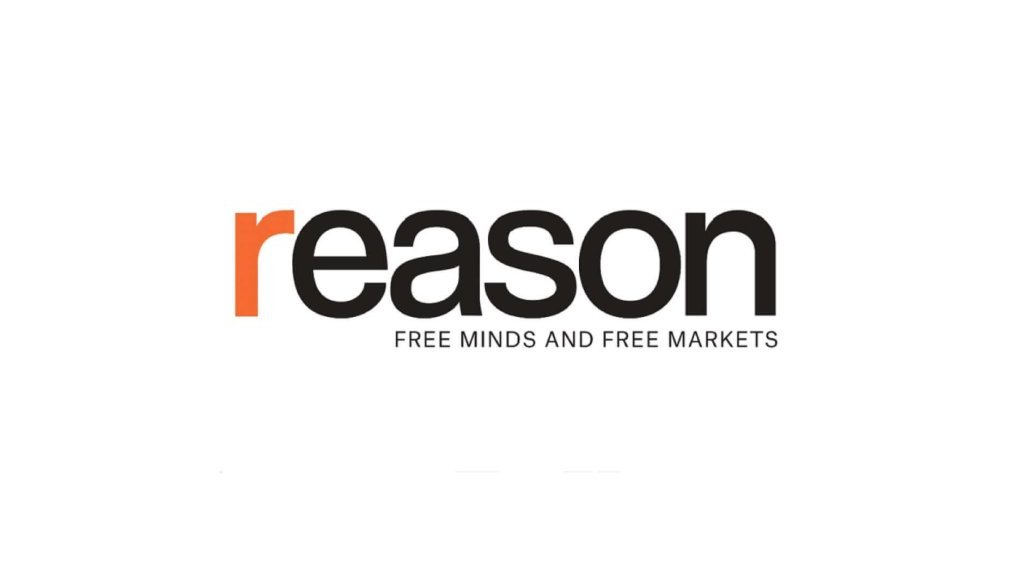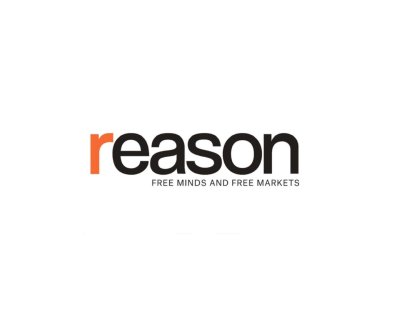Bad Education
President Donald Trump will not be axing the Department of Education today. He can’t.
It’s important we get that fact cleared up first because both sky-is-falling sorts on the left and hail God-Emperor Trump types on the right have a vested interest in acting like an upcoming executive order—expected today—means curtains for the Department of Education.
What Trump’s executive order reportedly will do is tell Secretary of Education Linda McMahon to take “all necessary steps to facilitate the closure of the Department of Education and return education authority to the States,” while ensuring “uninterrupted delivery of services, programs, and benefits on which Americans rely.”
But ending the department and/or certain programs would take an act of Congress. And, as the Associated Press points out, Congress might not be so keen to go there:
The House considered an amendment to close the agency in 2023, but 60 Republicans joined Democrats in opposing it.
During Trump’s first term, former Education Secretary Betsy DeVos sought to dramatically reduce the agency’s budget and asked Congress to bundle all K-12 funding into block grants that give states more flexibility in how they spend federal money. It was rejected, with pushback from some Republicans.
The Trump administration can make cuts, and has been—laying off about 1,300 staffers last week. So, significant reductions in Department of Education programs and/or bureaucracy are imminently possible. But that’s very different than abolishing the Education Department entirely.
But what if the Department of Education is abolished? What would that mean, in practical terms?
For K-12 students in U.S. public schools, it’s unclear how much difference it would make.
“Federal funding makes up a relatively small portion of public school budgets—roughly 14%,” according to the Associated Press. “The money often supports supplemental programs for vulnerable students, such as the McKinney-Vento program for homeless students or Title I for low-income schools.”
Some of these programs could be preserved even without a department of education. At McMahon’s confirmation hearing, she “said she would preserve core initiatives, including Title I money for low-income schools and Pell grants for low-income college students,” notes A.P.
Besides, the order itself is expected to mention “the effective and uninterrupted delivery” of an unspecified spate of “services, programs, and benefits.”
This should calm the nerves of some skeptics of federal education programs who still worry about drastic steps. But for those who truly want to get the federal government out of education decisions, it isn’t enough.
“It’s a good idea to cut the Department of Education,” but more importantly to “scrutinize federal funding of education at all levels, because we spent a lot of money on education before the [Department of Education] existed,” said Reason Editor at Large Nick Gillespie on this week’s The Reason Roundtable podcast.
Does Trump even want to get the federal government out of education? Even as he and other Republicans bash the department and sing the importance of leaving decisions up to state and local governments, Trump has been using the Education Department and threats to withhold federal funding to target college policies and programs with which the administration disagrees.
The Department of Education is investigating colleges over diversity, equity, and inclusion programs, pausing funding over a transgender woman competing on a women’s swim team, and financially punishing schools over pro
Article from Reason.com

The Reason Magazine website is a go-to destination for libertarians seeking cogent analysis, investigative reporting, and thought-provoking commentary. Championing the principles of individual freedom, limited government, and free markets, the site offers a diverse range of articles, videos, and podcasts that challenge conventional wisdom and advocate for libertarian solutions. Whether you’re interested in politics, culture, or technology, Reason provides a unique lens that prioritizes liberty and rational discourse. It’s an essential resource for those who value critical thinking and nuanced debate in the pursuit of a freer society.



